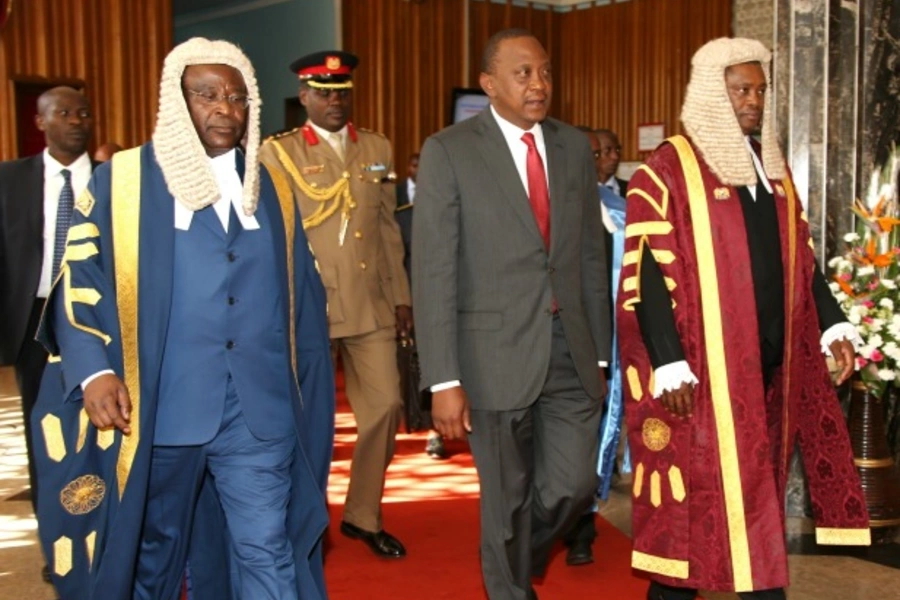More on:
Geoff Hill writes in a credible Daily Maverick (South Africa) op-ed that people across Africa want the rule of law, and they are demanding it more and more, often from their local judiciaries. But Africans at the same time remain critical, for good reason, of the behavior of judges.
Hill reviews a series of court cases in South Africa that have led to reverses for the government of President Jacob Zuma. Notably, the Pretoria High Court’s determination that Zuma’s effort to withdraw from the jurisdiction of the International Criminal Court is unconstitutional. Hill cites other examples from around the continent, even including Zimbabwe, notorious for the tyrannical rule of Robert Mugabe.
But, Hill also cites polling data that shows Africans are critical of the behavior of many judges. He reports that an Afrobarometer poll showed that 30 percent of respondents paid a bribe to court judges or officials. Sierra Leone was the worst, with 67 percent paying a bribe. Botswana was the best, with a bribe-paying score of zero. In South Africa, only 5 percent reported paying bribes. There were also complaints about the expense of going to court, and court delays. In Kenya, three quarters of respondents characterized court delays as “intolerable.”
In Africa, democracy, the rule of law, an independent judiciary, and economic development seem to advance hand-in-hand. Botswana probably has the highest per capita income in Africa, and the wealth (largely based on diamonds) is not totally monopolized by a corrupt elite. South Africa, with the largest diversified economy in Africa, has both an independent judiciary and a lively, fully-functioning democracy.
More on:
 Online Store
Online Store
